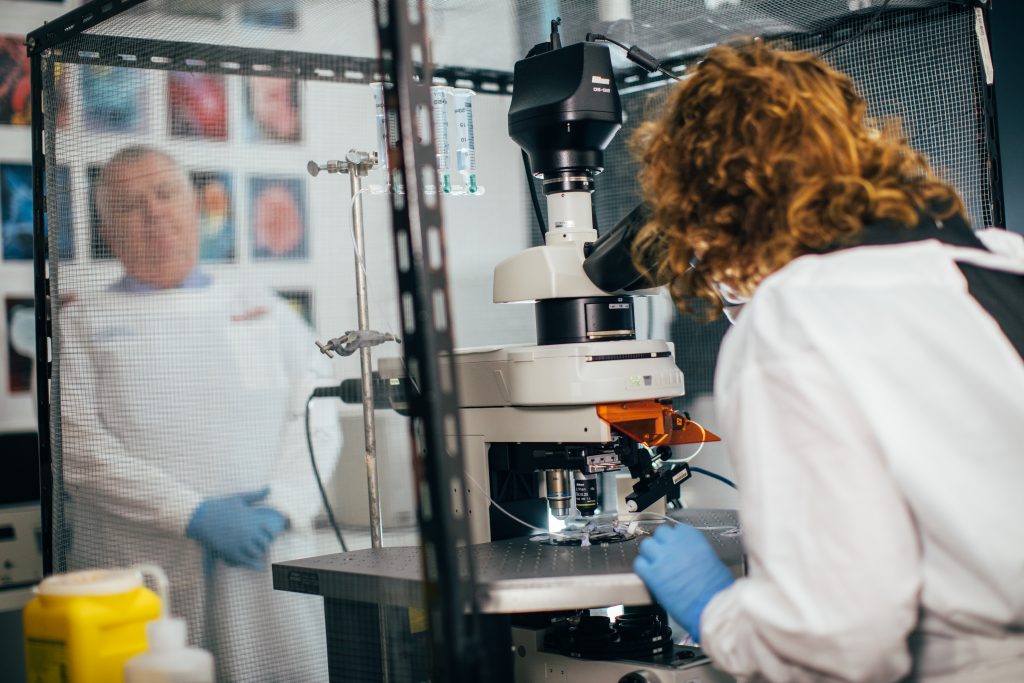
In a breakthrough 2014 study in Japan, PET (positron emission tomography) scans of ME/CFS patients brains found significant inflammation in the amygdala, thalamus, and hippocampus that correlated with reduced cognitive function, pain, and depression. So far, PET scans have been performed on 19 male patients (26-54 years old) and 38 females (25-60 years old) of which about 40% have been found to have significant inflammation in the brain. Of these, three men have already started the drug trial. In this clinical trial, a PET scan and various tests are performed before any medication is started. After four months of administration of existing drugs currently used to treat cerebral infarction, various tests will be performed again to see if inflammation and symptoms are relieved. By the end of 2020, a total of 90 patients will be scanned, of which 30 patients with significant inflammation will join the trial. If the drug trial demonstrates positive results, there is the possibility of the development of new drugs to treat ME/CFS symptoms.
Source: Kobe Shimbun NEXT | Medical News | Drug development for severe fatigue and pain (ME/CFS)






